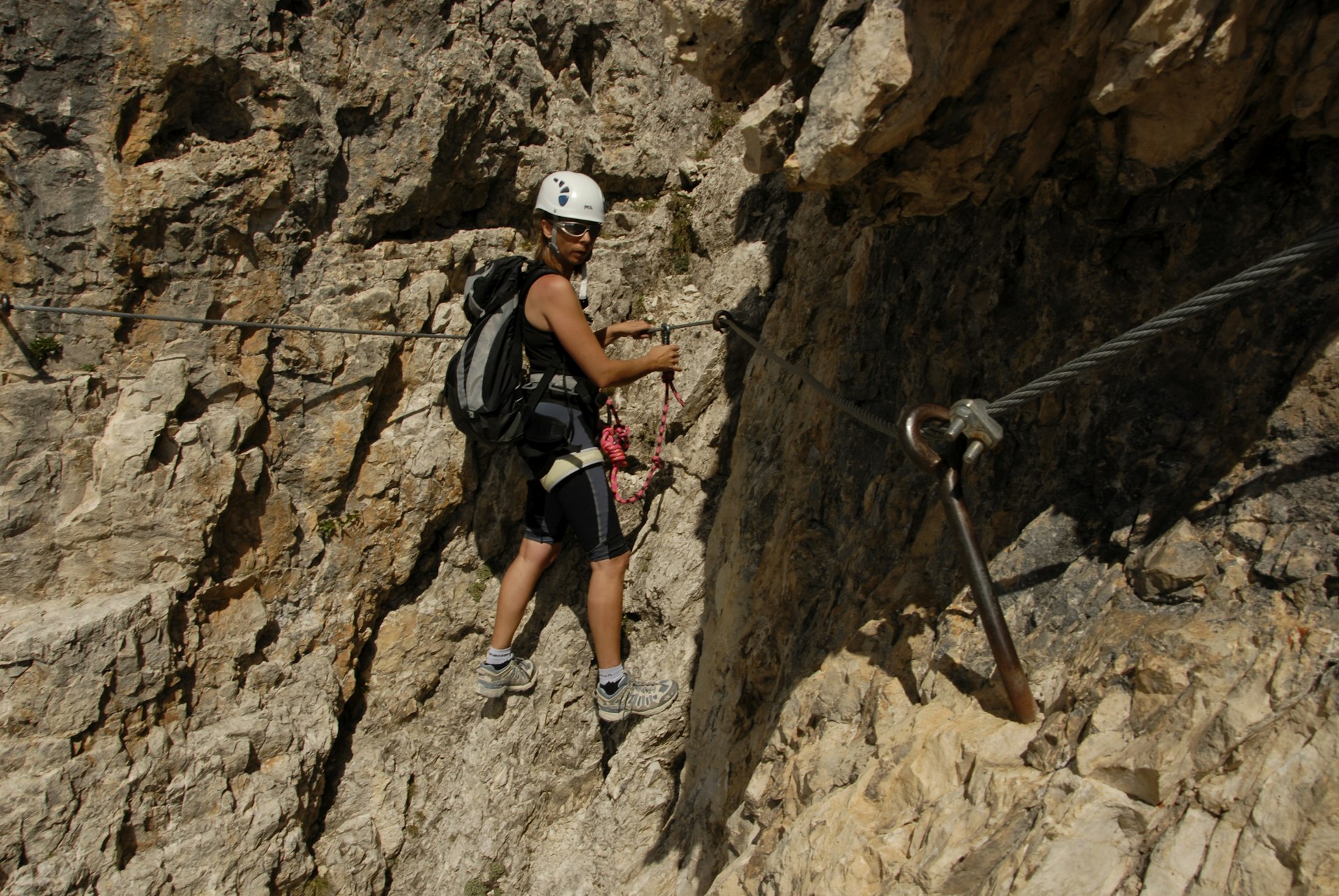Travel Safety in Ireland: What Visitors Need to Know in 2025

Photo by Meredith Isabelle on Unsplash
Introduction: Understanding Travel Safety in Ireland Today
Planning a trip to Ireland raises an important question for many travelers: is it safe to travel to Ireland right now? As of late 2025, Ireland remains a popular and generally safe destination for international visitors. However, like any global travel destination, it is essential to stay informed about current risks, travel advisories, and best practices to ensure a trouble-free experience. In this article, we provide a comprehensive overview of Ireland’s current safety climate, actionable steps for staying safe, and practical guidance for accessing relevant services or information during your visit.
Current Safety Overview: Ireland’s Reputation and Crime Rate
Overall, Ireland is considered one of the safest countries in Europe for tourists [1] . The Emerald Isle is known for its friendly population, stable political climate, and relatively low crime rate compared to other European countries. Violent crime is rare, especially in rural areas and smaller towns. However, as in many tourist-heavy destinations, petty crimes such as pickpocketing and purse snatching can occur, especially in major cities like Dublin and at busy attractions [2] .
Travelers should remain vigilant in crowded areas, hotels, restaurants, and when using public transport. Organized groups of thieves may use distraction techniques, so keep your belongings secure, avoid displaying signs of wealth, and use caution when withdrawing cash from ATMs.
Weather and Environmental Advisories: What to Expect in 2025
While crime risks are manageable with common-sense precautions, travelers in 2025 should pay close attention to weather advisories . Ireland is currently experiencing a series of intense North Atlantic storms, especially during the autumn months. In September 2025, the country has seen multiple strong storms impacting travel conditions, with Met Éireann (the Irish Meteorological Service) issuing weather warnings for high winds, heavy rain, and potential travel disruptions [3] .
Such weather events can lead to flight delays, hazardous driving conditions, and occasional power outages. Travelers are encouraged to monitor local weather reports, sign up for notifications from Met Éireann, and have flexible travel plans to accommodate sudden changes. Packing for unpredictable weather, including waterproof clothing and sturdy footwear, is highly recommended.
Transportation Safety: Navigating Ireland’s Roads and Transit
Public transportation in Ireland is generally reliable and safe, with extensive networks of buses and trains connecting major cities and towns [2] . Taxis are also considered safe, but travelers should agree on fares in advance or ensure the meter is used. However, weather disruptions can occasionally affect services, so it’s wise to check schedules in advance and allow extra time for travel during stormy periods.
If you plan to drive, be aware that rural roads may be narrow, winding, and can become hazardous in severe weather. Car theft and break-ins, though not widespread, do occur, particularly in tourist hotspots. Keep windows and doors locked, use secure parking, and never leave valuables in your vehicle, even in the trunk.
Health and Emergency Preparedness: Staying Secure During Your Trip
Healthcare standards in Ireland are high, and emergency services are responsive and efficient. In case of emergency, dial 112 or 999 for immediate assistance [1] . It is recommended to purchase comprehensive travel insurance that covers health, accidents, and unexpected travel disruptions.
If you become a victim of crime, report the incident to the nearest Garda SÃochána (Irish police) station. The Irish Tourist Assistance Service (ITAS) offers support for tourists, including help with accommodation, transportation, and liaising with insurance companies. You can find more about ITAS by searching for ‘Irish Tourist Assistance Service’ online or asking at your local police station.
Practical Steps and Guidance for Safe Travel
To maximize your safety and enjoyment while traveling in Ireland, consider the following actionable steps:
- Monitor travel advisories from your home country’s foreign affairs department before and during your trip. For example, Canadian travelers can check the latest advice on Ireland at travel.gc.ca.
- Register with your embassy or consulate upon arrival in Ireland so you can receive emergency updates and assistance if needed.
- Carry copies of key documents such as your passport and travel insurance details, and store digital backups securely.
- Avoid isolated or poorly lit areas at night , especially in unfamiliar urban neighborhoods.
- Learn key emergency numbers (112 or 999) and keep them accessible at all times.
- Stay informed about local customs and rural community guidelines to avoid unintentional misunderstandings.
Alternative Approaches and Contingency Planning
For travelers seeking alternatives in case of severe weather or other disruptions:
- Consider flexible booking policies for accommodation and transportation, allowing you to adjust plans at short notice.
- Download essential travel and weather apps for real-time updates (Met Éireann’s app is widely used for weather alerts).
- Keep contact information for your country’s embassy or consulate in Ireland readily available for emergency situations. Most embassies can be located in Dublin, and their contact details are easily found online.
- Have a backup itinerary in mind, such as indoor activities or alternative routes, in case outdoor plans are affected by weather.
Case Studies: Real-World Experiences in Ireland
Many recent visitors to Ireland report overwhelmingly positive experiences, citing the friendliness of locals and the country’s scenic beauty. However, some recount incidents of petty theft in busy tourist sites, reinforcing the need for vigilance. Others have faced travel delays during major storms, underscoring the value of flexible planning and up-to-date weather monitoring.
For example, a traveler arriving in Dublin during a September 2025 storm found their flight delayed and train services temporarily suspended. By monitoring Met Éireann warnings and communicating with their travel insurer, they were able to reorganize their itinerary, book alternative accommodation, and avoid unnecessary stress.
Summary: Key Takeaways for Safe Travel in Ireland
As of 2025, Ireland remains a generally safe travel destination, with low violent crime rates and a stable political environment. However, tourists should be aware of petty crime risks, especially in urban areas, and stay informed about current weather advisories, given the likelihood of strong storms during the autumn months. Utilizing travel insurance, registering with your embassy, and keeping emergency numbers handy are all practical steps to safeguard your trip.
While direct links to every relevant service may not be available, you can access the majority of official travel, weather, and emergency resources by searching for key terms such as ‘Met Éireann’, ‘Irish Tourist Assistance Service’, and ‘Ireland travel advisory’ through reputable sources or your home country’s official government websites.

Photo by Henrique Craveiro on Unsplash
References
MORE FROM visa4visit.com













